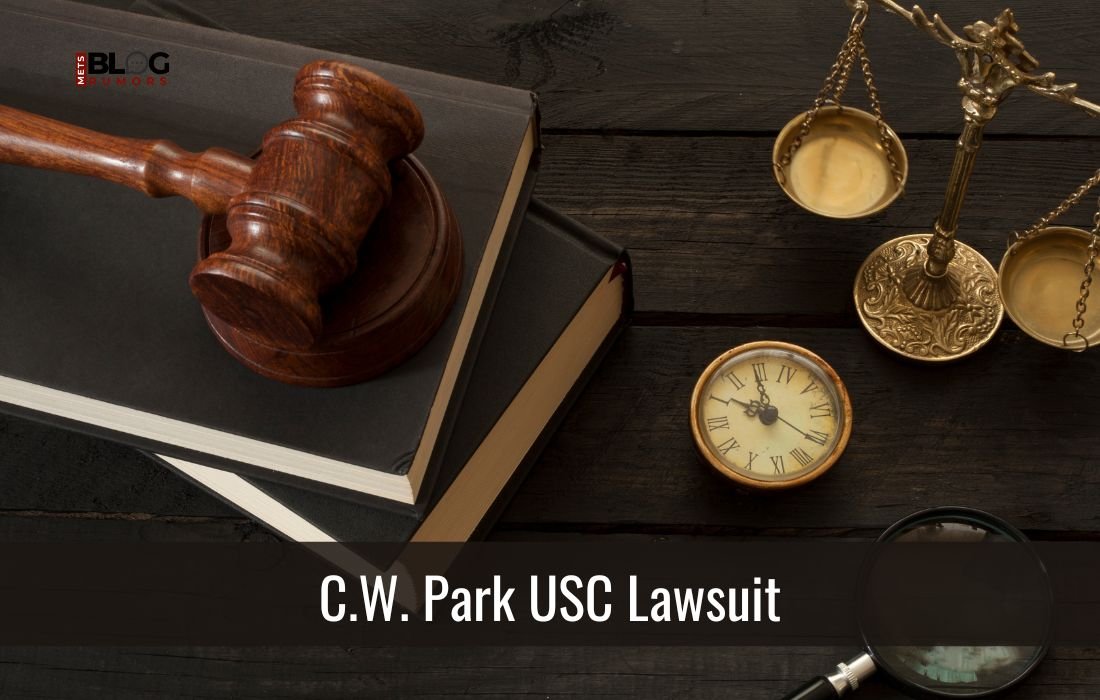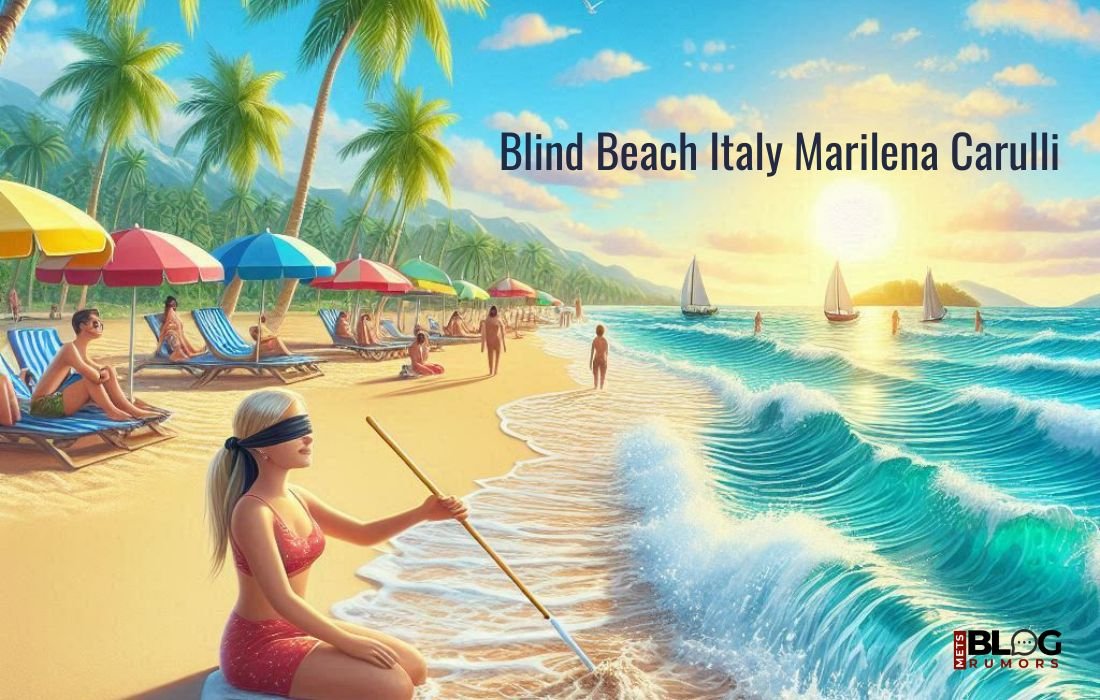C.W. Park, a prominent figure at the University of Southern California (USC), is now at the center of a lawsuit that has raised many questions about the university’s internal practices. The case is particularly important given the backdrop of previous controversies surrounding USC, especially its involvement in the broader college admissions scandal. Below, we delve into the various aspects of this ongoing lawsuit, examining its impact on USC and what the future might hold.
Background on C.W. Park and His Relationship with USC
C.W. Park is a renowned marketing professor at USC’s Marshall School of Business, where he has made significant contributions to the field of marketing. His expertise in branding, consumer behavior, and strategic marketing has earned him both academic and industry-wide recognition. Over the years, Park’s work has helped USC’s business school establish a strong reputation, and his presence as a faculty member contributed greatly to its standing in the global academic community.
Park’s relationship with USC extends beyond teaching. He was a mentor to many students, often involved in guiding research, advising doctoral candidates, and helping shape the school’s curriculum. His contributions to the university, both as an educator and a strategic thinker, were central to the success of the Marshall School of Business. Given his longstanding association with USC, his lawsuit against the institution has taken many by surprise.
The Allegations Against USC in C.W. Park’s Lawsuit
The lawsuit filed by C.W. Park primarily revolves around claims of misconduct by USC. Park alleges that the university engaged in unethical practices that ultimately harmed his career. While the exact details of the allegations have not been fully disclosed to the public, several key issues have been highlighted, including concerns about academic integrity, administrative transparency, and the handling of internal disputes.
Park’s allegations suggest that USC may have breached its obligations toward its faculty members, failing to provide proper support or protecting the academic freedom that professors are typically guaranteed. The lawsuit also raises questions about the university’s internal policies regarding faculty promotions, tenure decisions, and its overall governance structure. Park’s case points to potential systemic issues within the institution, which, if proven, could have serious repercussions for USC’s reputation.
USC’s Response to the C.W. Park USC Lawsuit
In response to C.W. Park’s lawsuit, USC has taken a defensive stance, denying the claims made by the professor. The university has issued statements maintaining that it acted appropriately in all matters concerning Park and that his allegations are without merit. USC’s legal team has emphasized that the university follows strict guidelines in its dealings with faculty members and ensures that decisions related to promotions, tenure, and faculty relations are made with transparency and fairness.
While USC has denied any wrongdoing, it is clear that the university is eager to resolve the matter without causing further damage to its reputation. The legal proceedings are still ongoing, and both parties continue to present their arguments. USC’s response indicates a desire to protect its standing as a reputable institution, especially in light of the broader challenges it has faced in recent years.
sitions and witness testimonies from other faculty members and university administrators are expected to play a crucial role in shaping the outcome.
Media attention on the case has grown, with journalists and commentators speculating on how this lawsuit could affect USC’s reputation and internal dynamics. Legal experts are closely watching to see whether this case will set any precedents regarding how academic institutions handle faculty disputes in the future.
What This Means for USC Moving Forward
The C.W. Park lawsuit has placed USC in a delicate position. If the allegations are proven true, the university could face significant reputational and financial consequences. Even if the case is settled out of court, the implications of such a high-profile legal dispute could impact USC’s relationships with faculty, students, and potential donors.
Moving forward, USC will need to address the concerns raised by this lawsuit, potentially revisiting its internal policies on faculty governance and promotions. A thorough review of administrative practices may be necessary to ensure that similar issues do not arise in the future. The case could also lead to broader discussions about how academic institutions balance their responsibilities to faculty while maintaining the integrity of their internal processes.
Potential Impacts on the Admissions Scandal Investigations
USC is no stranger to controversy, especially given its previous involvement in the national college admissions scandal. The revelations from that scandal have already damaged the university’s reputation, leading to increased scrutiny from both the public and regulatory bodies. While the C.W. Park lawsuit is not directly related to the admissions scandal, it adds another layer of complexity to the university’s legal challenges.
The lawsuit may prompt further investigations into USC’s internal operations, as critics question whether the issues raised by Park reflect a larger pattern of mismanagement at the university. If further irregularities are uncovered, it could reignite calls for additional oversight or reforms within the institution.
How This Fits Into the Larger College Admissions Scandal
Although the C.W. Park lawsuit centers around internal faculty disputes, it cannot be viewed in isolation from the broader issues USC has faced in recent years. The college admissions scandal, which involved high-profile celebrities and wealthy families manipulating the admissions process, highlighted serious flaws in how the university was managing its affairs. These events have led to increased scrutiny of USC’s governance structures, and the lawsuit brought by Park may be seen as another example of systemic problems within the institution.
Both the admissions scandal and Park’s lawsuit point to broader concerns about accountability, transparency, and ethical behavior at USC. Whether these issues are isolated incidents or part of a larger trend remains to be seen, but the legal battles the university faces could have long-lasting effects on its reputation.
What to Watch Next With the C.W. Park USC Lawsuit
As the lawsuit progresses, several factors will be critical in determining the outcome. First, the court’s decisions on key motions, such as any potential dismissals or settlements, will shape the trajectory of the case. Second, the testimonies and evidence presented by both sides will be crucial in determining whether Park’s claims can be substantiated.
The outcome of this case could also influence other faculty members at USC or similar institutions to come forward with their own grievances, potentially leading to further legal actions. It is also worth watching how the media continues to cover the lawsuit, as public perception of USC’s handling of the case may influence the university’s response and strategy moving forward.
Finally, any resolutions or settlements in the case could lead to changes in USC’s internal policies, especially regarding faculty governance and administration. Observers will be keen to see if the case results in broader reforms within the university.
Conclusion
The lawsuit filed by C.W. Park against USC represents a significant legal challenge for the university, raising important questions about its internal practices and governance. As the case continues to unfold, the implications for USC could be far-reaching, potentially affecting its reputation, faculty relations, and even its handling of other ongoing investigations like the college admissions scandal.
The relationship between academic institutions and their faculty is often fraught with complexity, and this case highlights the need for transparency and accountability in these relationships. Whether USC can navigate this legal challenge without significant damage remains to be seen, but the outcome will undoubtedly have long-term consequences for the university and its stakeholders.





